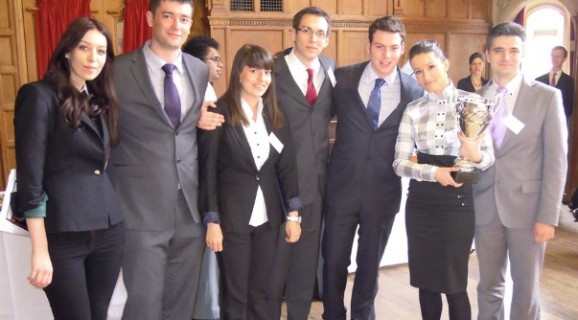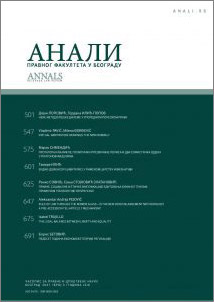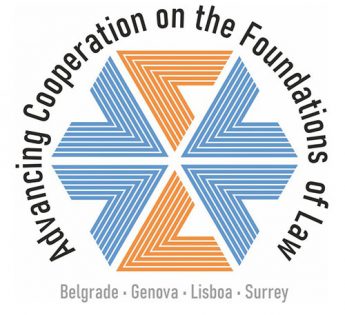
Belgrade students’ triumph in Oxford
The students of the University of Belgrade Faculty of Law have won the first place at the IV Monroe E. Price International Media Law Moot Court Competition as well as the award for the best memorials.
The moot court was held at the University of Oxford, Great Britain, and was organized by the Centre for Socio-Legal Studies of the University of Oxford and their Programme in Comparative Media Law their Policy in cooperation with International Media Lawyers Association.
The competition attracted 26 teams from 19 different countries of the world, coming from America, Africa, Asia and Europe, 4 of which were the best teams from the qualification rounds held in India (out of 22 participating teams). The Oxford final has seen our students wining the round against Cardozo University from New York, while the path to the first place encompassed the rounds against teams from India, Kenya and USA.
The Monroe E. Price International Media Law Moot Court competition consists of two parts – written and oral – both of which evolve around the trial simulation in English language, before the Universal Court of Human Rights. The students take roles of both the attorney for Applicant, the defender of the media, and the attorney of the Respondent state, sued for violations of the right to freedom of expression guaranteed by the Universal Declaration of Human Rights. The preliminary preparations for the competition consist of a detailed research of the relevant legal issues related to the Media Law, the literature and doctrine as well as the extensive jurisprudence of international courts and tribunals that will enable the students to prepare the written memoranda for the Applicant and the Respondent. Following the writing of the memoranda, students are engaged in preparations for the oral rounds, where they will present their arguments before the panel of international experts in the sphere of Media Law.
At the oral part of the competition students have pleaded four times in the first two days – acting as the attorneys for Applicant and Respondent two times each. The arguments they present were based on the Universal Declaration of Human Rights, the case law of the international human rights tribunals including the jurisprudence of the European Court of Human Rights, and the facts of the problem that were distributed by the organizers. Eight best ranked teams have then proceeded to the quarter finals, advancing to the final rounds trough eliminations.
The winning team consisted of the following students from the University of Belgrade Faculty of Law: Adriana Minovic, Stefan Dragojevic, Sava Pavlovic, Petar Radosavljev, Nevena Krivokapic and Milica Janackovic. The students have raised the funds necessary for participation at this prestigious competition thanks to the support of the NUNS project and USAID-IRAX, the Faculty of Law and several independent donors including attorney Nenad Cvjeticanin. The coach of our students – responsible for the coordination of the work and the quality of the written and oral arguments – is the lecturer from the Faculty of Law, Vuk Cucic.
This is just another victory for the students of the Faculty of Law, University of Belgrade, that have been praised for their participation in international student competitions in the previous years. Some of the recent achievements include the prize for the best new-comers at the International Commercial Mediation Moot that was held in Paris, third place at the Foreign Direct Investment Moot Court Competition held in Boston and Frankfurt as well the third place among 177 participating teams at the International Commercial Arbitration Willem C. Vis Moot Court Competition in 2007, where our students also keep winning honorable mentions for their memoranda and their oral presentations.
The achievements of our students are the best reflection of the high educational level at our University as well as the implementation of the modern methodologies in teaching and working with students at the Faculty of Law – which include the moot court competitions, legal clinics, specialized courses in writing of legal documents and other forms of gaining practical experience.




